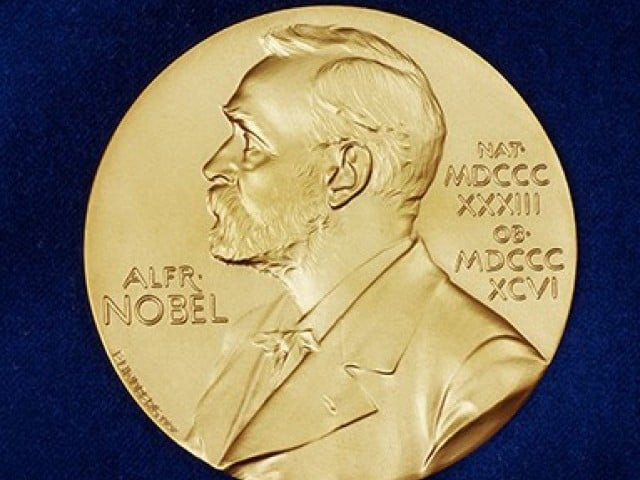Japanese, Chinese, Irish scientists win 2015 Nobel medicine prize
2015 Nobel Prize for medicine was awarded for their work against parasitic diseases

Irish-born Campbell and Japanese Omura won half of the prize for discovering a new drug, avermectin, that has helped the battle against river blindness and lymphatic filariasis, as well as showing effectiveness against other parasitic diseases.
Read: Nobel Medicine Prize opens week of awards
The Chinese scientist Youyou Tu was awarded the other half of the prize for discovering artemisinin, a drug that has significantly reduced the mortality rates for patients suffering from malaria.
"These two discoveries have provided humankind with powerful new means to combat these debilitating diseases that affect hundreds of millions of people annually," the Nobel Assembly at Sweden's Karolinska Institute said in a statement in awarding the prize of 8 million Swedish crowns ($960,000).
"The consequences in terms of improved human health and reduced suffering are immeasurable. "
Read: Merkel has 'good chance' of winning Nobel Peace Prize: report
Despite rapid progress in controlling malaria in the past decade, the mosquito-borne disease still kills more than half a million people a year, the vast majority of them babies and young children in the poorest parts of Africa.
Medicine is the first of the Nobel prizes awarded each year. Prizes for achievements in science, literature and peace were first awarded in 1901 in accordance with the will of dynamite inventor and businessman Alfred Nobel.



















COMMENTS
Comments are moderated and generally will be posted if they are on-topic and not abusive.
For more information, please see our Comments FAQ